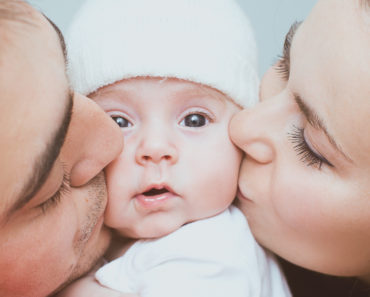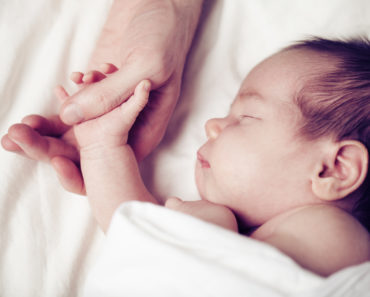Open adoptions are a relatively new concept in child welfare. An open adoption, which has been the mode of operation in child welfare for the past 20 years or so, is where the birth parents still have limited contact with the adopted child. In the former mode of operation, closed adoption, there was little, if any, contact between adoptive parents and birth parents, whose files were usually sealed under court order. Therefore, an adopted child did not access to his culture, family history, or medical history. Nowadays, in most cases, an open adoption is now expected, if it is in the best interest of the child. Open adoptions have their benefits, but they can also present moments of conflict. From inappropriate conversations, to broken promises, to missed appointments to relapses in drug recovery, conflict is a real possibility. It is my belief that adoptive parents need to be proactive, not reactive, in order to avoid conflict in open adoption.
1) Seek an Adoption Agreement
An adoption agreement, also known as a Post-Adoption Contact Agreement, is a legal document, prepared by attorneys and approved by the Court that stipulate how, when, and where visits are to take place. The agreement, between adoptive parents and the birth parents can indicate the following: mode of contact (birthday cards, telephone, face to face, etc.); frequency of contact; persons involved in contact; etc. Adoption agreements resolve or avoid conflict because it creates boundaries and expectations in advance, in writing, without ambiguity. For example, if an adoption agreement states “monthly phone calls are allowed between birth parents and children the first Sunday of every month at 7:00 pm,” it’s clear that phone calls cannot take place at 3:00 am in the morning! Adoption agreements protects both parties and, most of all, the child. Seek legal advice should you choose this route.
See below:
2) Keep it strictly business
It is very easy to take things personally. From the birth parents’ point of view, there may be some animosity against you because you are raising their child, not them. From their point of view, society sees them as a failure. So, it is perfectly normal for bio parents to be defensive; to feel like a victim; or to project their failures on others; to not take responsibility. Don’t take things personal. Develop a thick skin. Remember to work for the best interest of the child.
3) Thou shalt not speak ill of another parent
Be careful of how you speak about the biological parents around your children. Bio parents may not be perfect and they may have their flaws, but from your child’s point of view, speaking ill of their birth parents is the same as speaking ill of them. Rather, follow the age-old maxim, “if you don’t have anything nice to say, don’t say it all.”
4) See it as an opportunity to mentor another family in crisis.
There is the temptation to think, “Wow. I didn’t know that when I adopted this child, that I was actually adopting her entire family as well!” It is tempting to have such negative thoughts. However, attitude is everything. Rather than viewing the biological family as the enemy or a burden, view it as an opportunity to help another family in crisis. Perhaps the bio mom is a teen who just made a mistake and never had someone to mentor her. Adding hope to a relationship works wonders. You have the opportunity to affirm her and to stop the cycle of dysfunction that has infected this family, generation after generation.
Whatever the conflict in open adoption, it can be resolved. However, the best resolution is prevention. Have realistic expectations and boundaries and be positive. If we can be pro-active, we can avoid many problems in the future. Unless the parents are involved in illegal activity, an open adoption is a long-term proposition. Make the most of it.
To begin looking at adoption profiles of hopeful adoptive parents looking to adopt a baby, or to create your own profile, visit Adoption.com.






